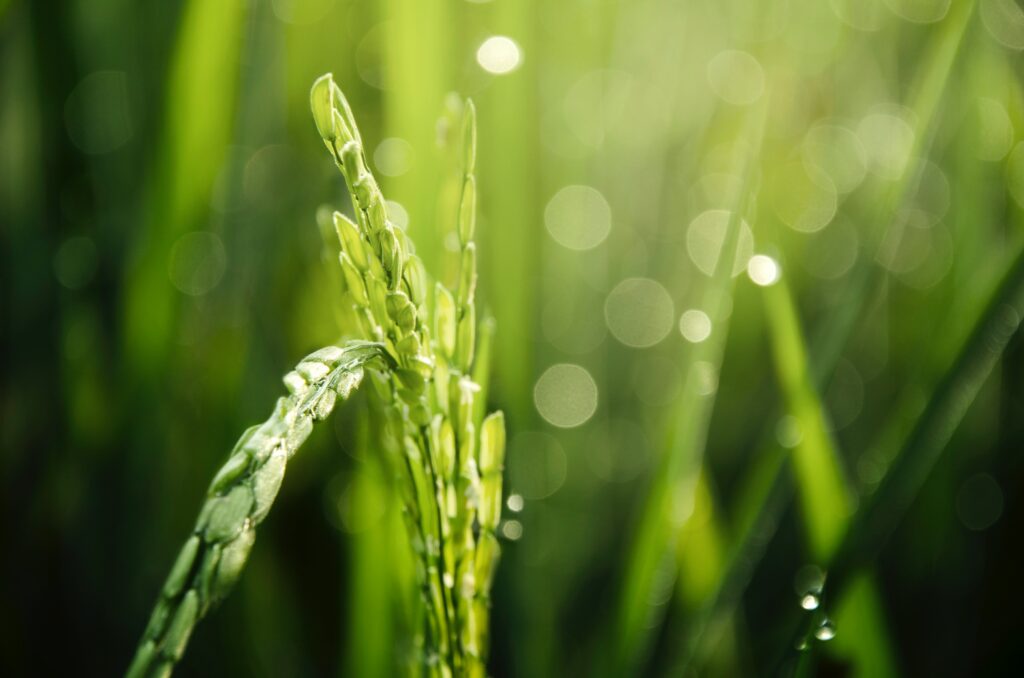
Towards circular fertilizer solutions and a more sustainable farming sector – new EU consortium just launched
FERTICYCLE PRESS RELEASE
Together with partners from the European fertilizer industry, University of Copenhagen and a range of leading European universities, the FertiCycle consortium will develop a whole new paradigm for fertiliser production, based on circularity and recycling of organic waste. The result will be green, bio-based fertilisers to help agriculture become more sustainable.
World food production needs to increase by up to 70% to feed the global population of 9 billion expected by 2050. This creates huge pressures on agricultural land and requires sustainable intensification of food production to minimise negative impacts on climate, environment and biodiversity. Current agricultural use of nitrogen and phosphorus in fertilisers is not effective enough, leading to substantial environmental losses. Furthermore, EU is depending on imports of non-renewable phosphorus and mineral nitrogen fertilisers at large economic cost (around €15 billion annually) and with negative climatic and environmental footprints.
Therefore, a consortium of 16 leading European research institutions, fertiliser companies and industry organisations have teamed up to develop circular fertiliser solutions for a more sustainable agriculture. This FertiCycle Network – led and coordinated by prof. Lars Stoumann Jensen at Department of Plant and Environmental Sciences, University of Copenhagen – aims to develop new technologies for new fertilizing products based on recycled organic waste derived nutrients, formulated into high-quality, bio-based fertilisers.
The FertiCycle Network, funded by the EU Marie Skłodowska-Curie program, has recently recruited 15 young, talented PhD students from all over the world, who will now be trained to become innovative and entrepreneurial scientists capable of meeting these future needs. The PhD students will be working both individually at their respective institutes and jointly during internships and mutual research visits.
Paradigm shift towards circular, bio-based fertilisers
This past week, 45 members of the FertiCycle Network, incl. PhD students, supervisors, mentors and partners, participated in the kick-off event, held online due to the COVID-19 restrictions on international travel and meetings. In spite of the circumstances, the event successfully sparked the start of the joint FertiCycle research and training program, says Prof. Lars Stoumann Jensen: “European livestock produces more than a billion tons of manure annually; containing nutrients with a potential value of around €11 billion. At the same time, global and European urbanisation is accelerating, with urban biowaste generation amounting to more than 100 million tons annually in the EU. These wastes are in many cases poorly managed, leading to large environmental impacts and economic losses. A conceptual paradigm shift is needed by reducing waste to a minimum and valorising their nutrients and organic matter into bio-based fertilisers, leading to savings of mineral resources and eliminating fossil energy consumption. Therefore, we need a new generation of scientists, experts on circularity, recycled fertilisers and sustainability – and I am really happy and excited about the talented team we have recruited!”
New EU Fertilisers Regulation will change the scene
The new generation of FertiCycle experts will be in high demand, because the new EU Fertilizing Products Regulation will start applying as of July 2022. This will cover not just mineral fertilisers like today, but also organic fertilisers and other fertilising products such as compost, digestate, soil amendments, growing media, biostimulants and liming materials, whether from. This new regulation is part of the EU Circular Economy Action Plan and will considerably facilitate the development and commercialisation of recycled nutrient products, opening the European market for new technologies.
Fertilizers Europe, the industry organisation for European mineral fertiliser producers, is one of the partners of the FertiCycle Network. “Our sector contributes significantly to value creation in the agri-food chain, through the provision of efficient and safe nutrients in the form of mineral fertilizers. Our industry has already embarked on realising the circular economy and we therefore welcome the FertiCycle Network as an important enabler of this transition. Our industry can tomorrow contribute to a greener economy, by closing nutrient cycles and thus producing more food, biomass and bioenergy, while reducing losses to the environment,” says Jacob B. Hansen, Director General of Fertilizers Europe.
Apart from Prof. Lars Stoumann Jensen, also Assoc. Professors Sander Bruun, Dorette Möller-Stüver and Jakob Magid are involved in the project and in the supervision of several of the PhD students involved.
More info can be found at www.ferticycle.ku.dk